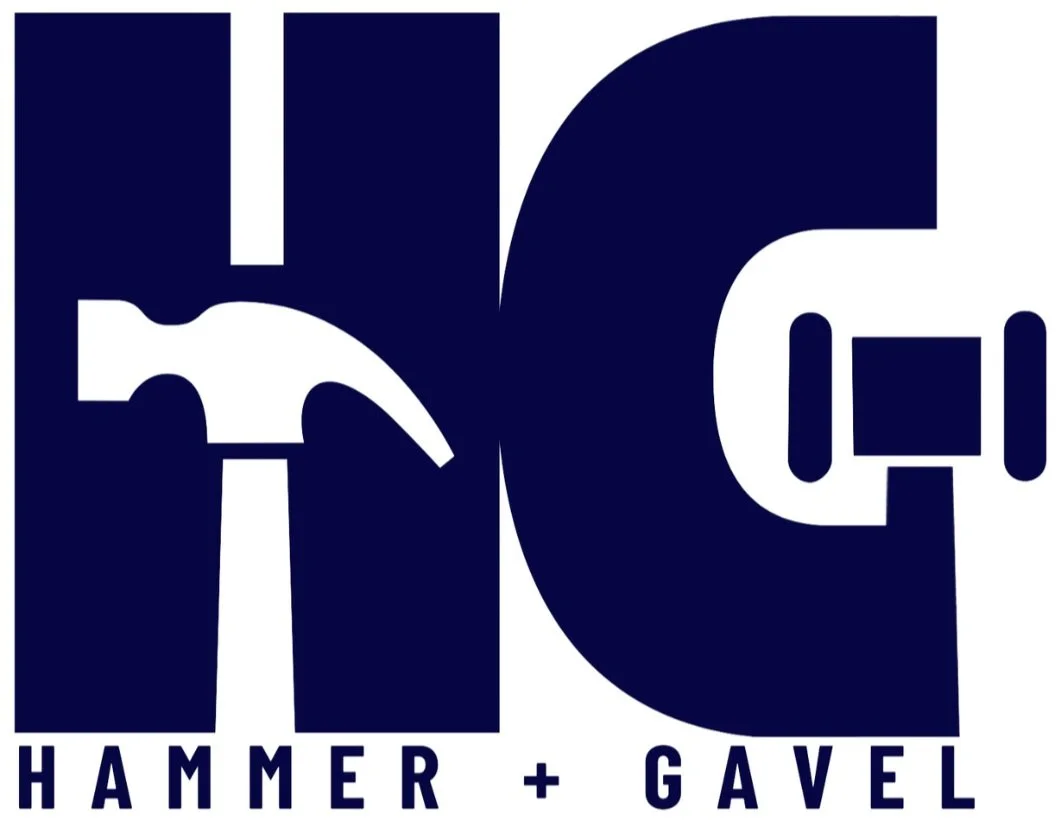Court Imposes $71,444 Judgment on Fence Company For Failure to Timely Complete Project
In Universal Medical Investment Corp. v. Mike Rollison Fence, LLC, a company entered into a contract with a fence contractor to install a large fence at its property. The fence was to be an eight foot tall fence and run approximately 15,000 linear feet. The contract price for the job was $93,000.00 with $40,000.00 to be paid upfront and the balance to be paid in various installments as completion milestones were met.
Sometime after completing approximately 6,000 linear feet of fencing, the fence contractor defaulted under the contract. Specifically, the contractor had not completed the work within the time called for in the contract. At the time of the default, the company had paid $69,000.00 of the contract.
In response, the company had its attorney send a letter of understanding to the fence contractor to sign. The letter outlined various defaults and deficiencies in the contractor’s work, but gave the contractor additional time to complete the project if he agreed to the terms of the letter. In part, the letter stated that:
[Contractor] understands and agrees that failure to complete the project to [Company’s] satisfaction within the time frame set forth in paragraph (G) herein, shall constitute a default of the agreement contained in this Letter of Understanding in addition to a default of the Contract, and upon default [Contractor] shall be entitled to NO PAYMENT WHATSOEVER, regardless of the status of the project, and [Company] shall have the right to pursue any legal avenue available to seek damages in Court from [Contractor], and [Contractor’s Owner[, individually. By signing below, [Contractor] and [Contractor’s Owner], individually, hereby waive any right to bring a claim for quantum meruit, partial payment or any other cause of action based on a legal or equitable right to receive payment for partial work performed on this project in the event of a default by [Contractor].
The contractor signed the letter, both in the name of his company and individually. Despite this, the contractor defaulted under the terms of the letter and the company filed suit, seeking in part, a return of all sums paid under the contract based on the language of the letter of understanding. Following trial, the court entered judgment in favor of the company in the amount of $16,354, which represented the amount the company had paid for work that had not been performed and reimbursement for additional insurance costs. The company appealed this ruling.
On appeal, the company argued that the language of the letter of understanding indicating that the contractor would be entitled to no payment whatsoever if it defaulted on the project again entitled it to a refund of all amounts paid to the contractor. In reviewing the documents, the appellate court agreed with the company, stating that:
Contracts are to be construed in accordance with the plain meaning of the words contained therein. . . . It is never the role of a trial court to rewrite a contract to make it more reasonable for one of the parties or to relieve a party from what turns out to be a bad bargain. . . . A fundamental tenet of contract law is that parties are free to contract, even when one side negotiates a harsh bargain.
Based on this, the appellate court order that an amended judgment be entered in the amount of $71,444, which was made up of the $69,000 already paid by the company, plus the additional insurance costs.
There are many takeaways from this case, some of which require a little more background information. It’s important to note that the contractor in this case did not hire attorney and represented himself. In Florida, companies cannot represent themselves in court, so this resulted in an automatic default against company. So takeaway number one should be to always hire an attorney to represent your company in a lawsuit.
Takeaway two is do not enter into agreements that eliminate your right to all payment or impose liability on you personally for something your company does. The whole reason to have a company is to help protect yourself from liability. Very rarely is it worth waiving that protection.
Finally, do not enter into change orders or contract amendments if you know you can’t perform them. In this case, the letter of understanding only gave 30 days to complete 9,000 linear feet of fencing. Maybe this was feasible, but especially in today’s environment of material delays, be very cautious when agreeing to revised timetables.
About the Author
Jason Lambert is a Florida Board Certified Construction Attorney and Partner in the Construction Industry Practice Group at Hill Ward Henderson, in Tampa, Florida. He is also the founder and chief contributor to the Hammer & Gavel construction law blog. Jason focuses his practice on representing contractors, subcontractors, and materials suppliers throughout the state of Florida. Before law school, Jason spent a decade working in the construction industry, primarily as a project manager and operations director for both new construction and remodeling. He can be reached at jason.lambert@hwhlaw.com or 813-227-8495.






